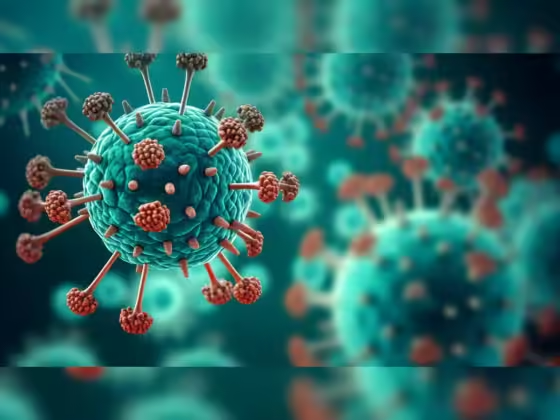A late COVID-19 test result is not just only frustrating for the patients but also could lead to more spread of the disease as some people don’t show the symptoms at all.
On the other hand, rapid testing and fast results allows people to know the results sooner whether they need to isolate in order to avoid transmitting the virus to others.
Recently the University of Birmingham researchers have designed a new method for testing that reduces testing time from 30 minutes to under five and delivers accurate results and now people can now get COVID-19 test results in less than 5 minutes.
This new COVID-19 test is described in the papers published in MedRxiv.
Professor Tim Dafforn from the University’s School of Biosciences said, the new method for testing combines the ease of use and speed of lateral flow testing with the inherent sensitivity of an RNA test.
It features reagents that can be used in existing point of care devices and meets the need for testing in high throughput, near-patient, settings where people may be waiting in line for their results, he added.
Know How It Is Different From The Current COVID-19 Testing Methods
The Reverse Transcription Polymerase Chain Reaction (RT-PCR) test is the recent gold standard for COVID-19 testing that takes more time per sample and involves two major steps.
- The first step requires using a reverse transcriptase enzyme to convert RNA to DNA and this normally takes 30 minutes.
- Then, in second step, a DNA polymerase enzyme is used to copy the DNA and amplify it to detectable levels, which requires time-consuming cycles of heating and cooling. Even single temperature processes have been able to reduce this step below 20 minutes.
However, antibody tests, which can determine if the person had coronavirus, can take up to 30 minutes.
Therefore, to enable rapid COVID-19 testing, the University of Birmingham researchers have developed a new method called “Reverse Transcriptase Free EXPAR (RTF-EXPAR) testing.”
They created a novel single-step approach for converting viral RNA into DNA and combined it with a known technique called Exponential Amplification Reaction (EXPAR), which increases DNA concentration to measurable levels at a constant temperature.
The University of Birmingham Enterprise has allegedly filed a patent for the new method and its use in diagnostic equipment. It is also seeking to license the patent for rapid product development.









